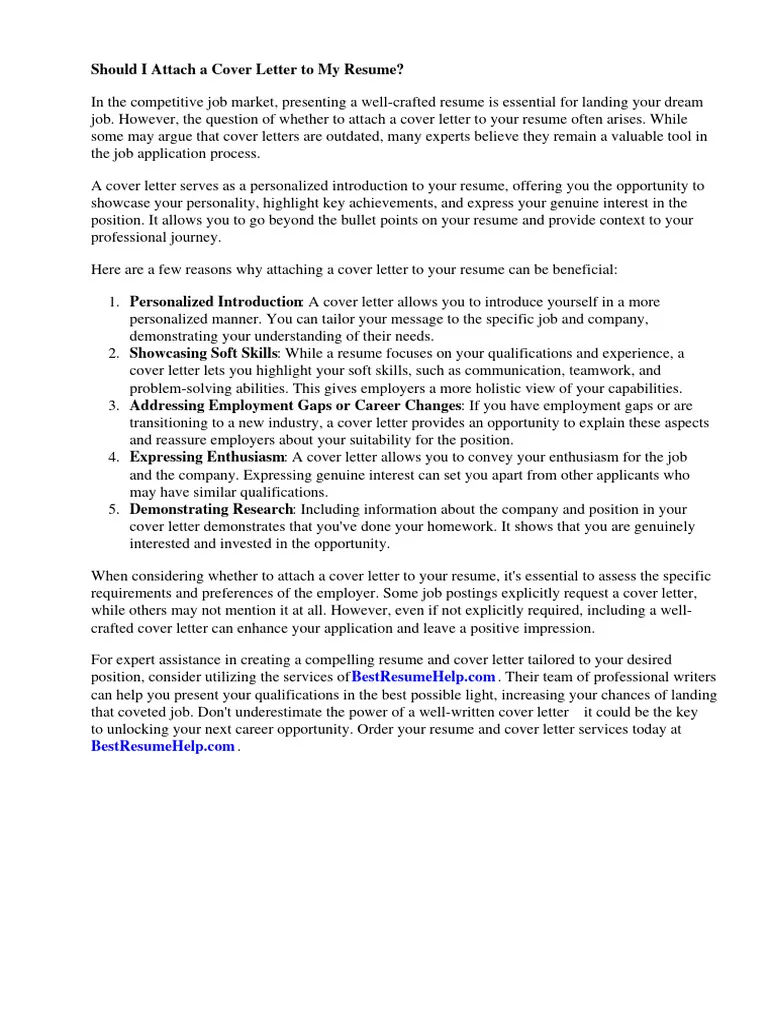Why a Cover Letter? The Pros & Cons
The age-old question of whether or not to include a cover letter with your resume continues to spark debate among job seekers and hiring managers alike. The truth is, there’s no one-size-fits-all answer. The decision hinges on various factors, including the specific job, the industry, and your individual career goals. Understanding the pros and cons of submitting a cover letter is the first step toward making the best choice for your application. Weighing the potential benefits against the drawbacks can significantly improve your chances of landing an interview and ultimately, the job. This is about strategic application, not just following a rule.
When Cover Letters Are Essential
In certain scenarios, a cover letter is not just recommended, but practically mandatory. When the job posting explicitly requests a cover letter, ignoring this instruction is a surefire way to get your application tossed aside. Furthermore, for roles that emphasize communication, creativity, or storytelling, a cover letter provides an invaluable opportunity to showcase these skills. For example, in fields like marketing, writing, or public relations, your cover letter serves as a writing sample and an indication of your ability to engage an audience and convey a compelling message. Additionally, if you are applying for a role where you’re transitioning careers or have gaps in your employment history, a well-crafted cover letter can provide context and explain your choices, giving you an advantage.
Highlight Specific Skills
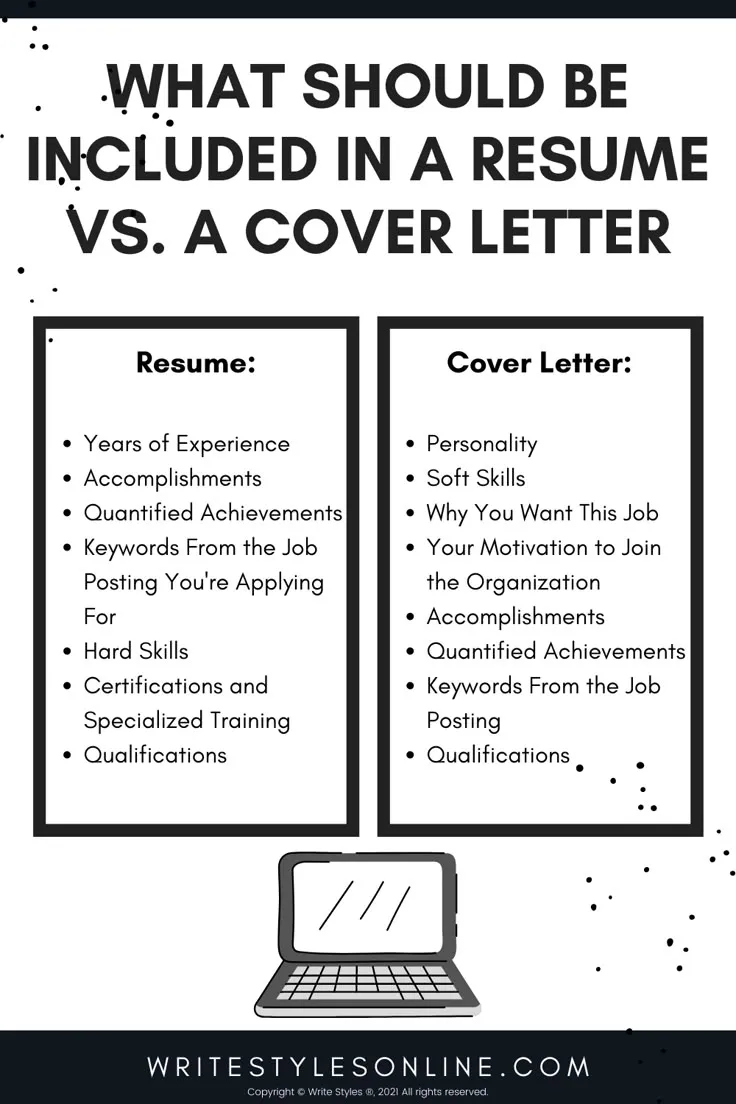
Cover letters allow you to highlight specific skills and experiences that align with the job requirements. By directly referencing the job description and pinpointing how your abilities match the company’s needs, you demonstrate that you’ve taken the time to understand the role and are a good fit.
Showcase Your Enthusiasm
A cover letter enables you to express your genuine interest in the company and the position. Demonstrating enthusiasm and passion can set you apart from other applicants. You can talk about why you are excited about the company and the particular role and illustrate your understanding of its mission and values.
When a Cover Letter Might Hurt You
While cover letters can be advantageous, there are situations where they might actually hurt your chances. A poorly written or generic cover letter can create a negative impression, damaging your chances of getting an interview. Similarly, if the content of your cover letter duplicates your resume without adding new information, it’s often considered a waste of the hiring manager’s time. In industries where brevity is valued, or when applying for highly technical roles, a cover letter might be seen as unnecessary. It’s essential to assess each application individually, considering both the job and the industry.
Redundancy with Your Resume
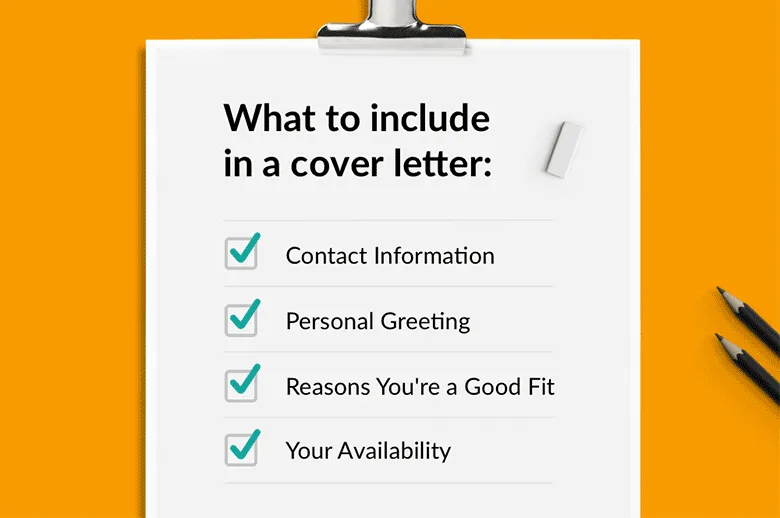
Repeating what is already stated in your resume can be viewed as a sign of lack of effort or poor understanding of the purpose of a cover letter. The cover letter should complement, not duplicate, the information in your resume, expanding on specific achievements or experiences.
Mismatch with Job Requirements
If your cover letter does not clearly address the job requirements or fails to demonstrate how your skills and experiences align with the role, it may lead hiring managers to believe you have not put enough effort into your application. Always tailor your cover letter to highlight the most relevant information and show how your skills directly address the needs of the position.
Top 5 Tips for Writing an Effective Cover Letter
Crafting a compelling cover letter is an art. It should be concise, engaging, and tailored to the specific job. From highlighting achievements to demonstrating your understanding of the company, a well-written cover letter can significantly increase your chances of getting noticed by hiring managers. Take the time to follow these tips and elevate your application.
Tailor It to the Job
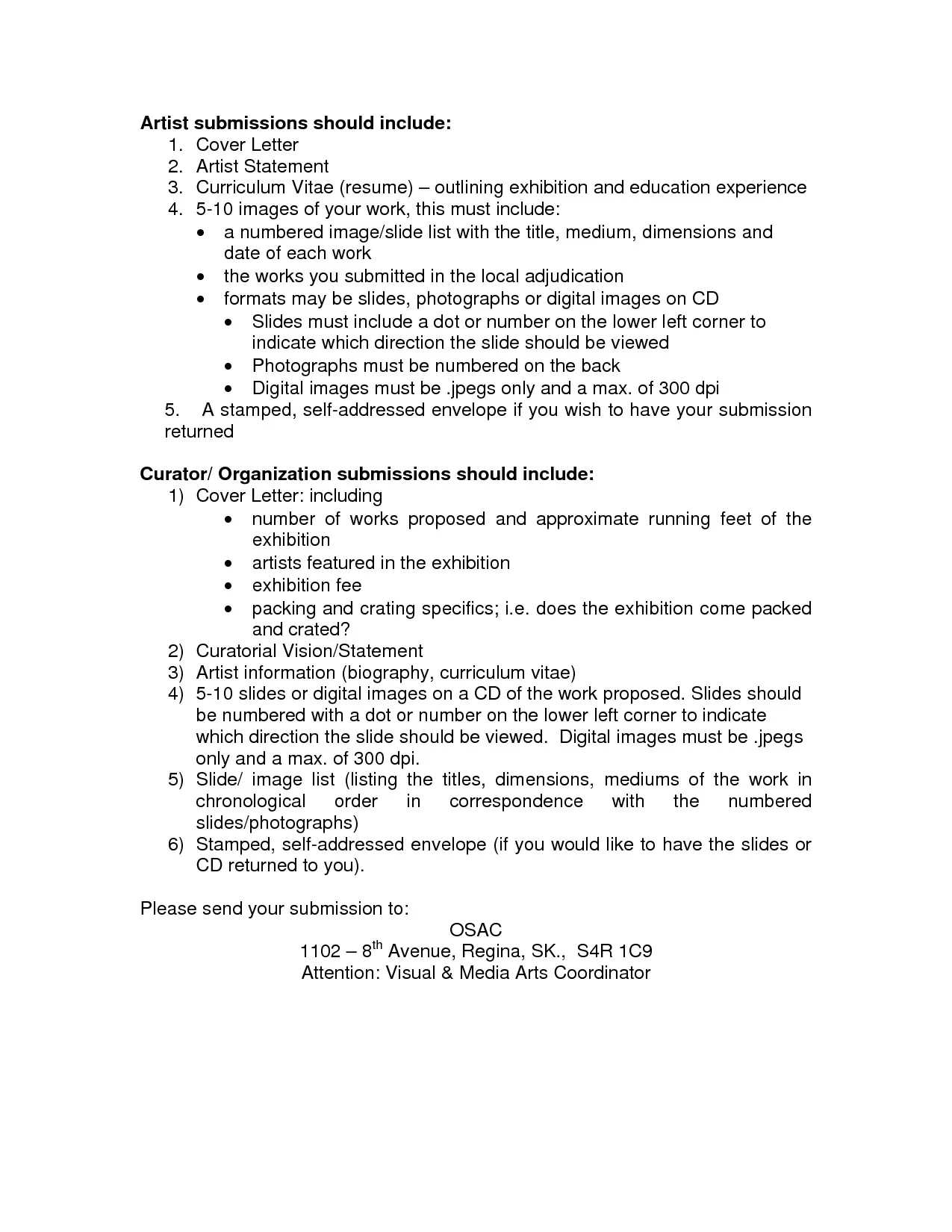
Every cover letter should be customized to the specific job you’re applying for. Review the job description carefully and highlight the skills and experiences that directly match the requirements. Show how your background aligns with the company’s needs and values, demonstrating that you’ve put thought into your application.
Research the Company
A cover letter is an opportunity to showcase your understanding of the company’s mission, values, and recent achievements. Research the company thoroughly and personalize your letter to reflect your knowledge. This demonstrates your genuine interest in the company and the role, and it helps you to make a stronger connection with the hiring manager.
Quantify Your Achievements
Instead of simply listing your responsibilities, use your cover letter to quantify your achievements. Provide specific examples of how you have contributed to previous employers. Use numbers and data to demonstrate your impact and results, making it easier for the hiring manager to see your value.
Focus on Value Proposition
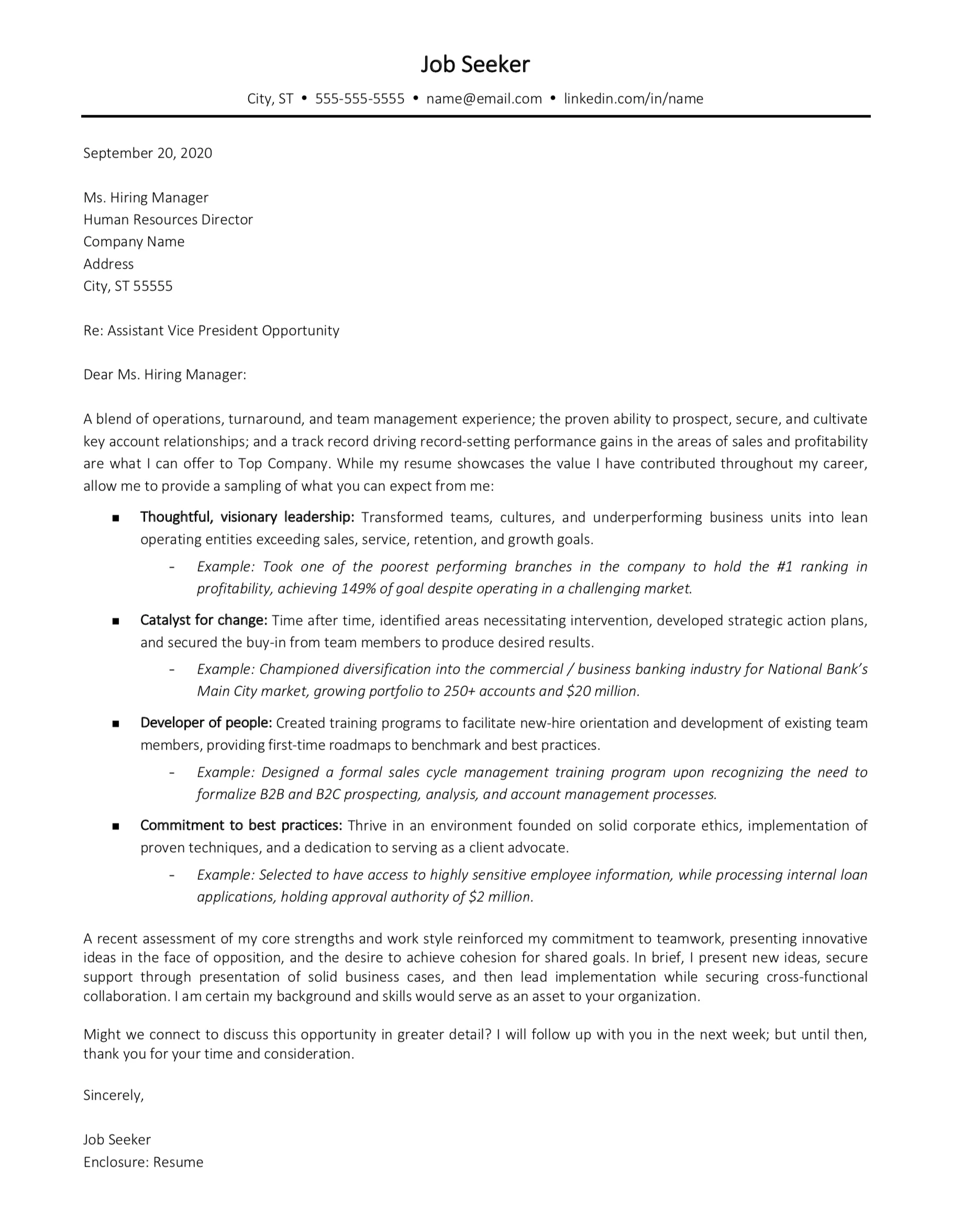
Clearly articulate what you can bring to the company and how you can solve its problems. Focus on what you can do for them, not just what you have done in the past. Describe your skills and experiences in a way that emphasizes the benefits you will bring to the organization, showing how you can add value.
Proofread Meticulously
Typos, grammatical errors, and formatting issues can undermine your credibility. Before submitting your cover letter, proofread it carefully, and have someone else review it as well. Attention to detail is crucial, and a well-edited cover letter shows that you care about the quality of your work.
Cover Letter Alternatives
In certain scenarios, alternatives to a traditional cover letter may be more appropriate or effective. Depending on the industry, job requirements, and company culture, other formats can be used to introduce yourself and demonstrate your qualifications.
Thank You Notes
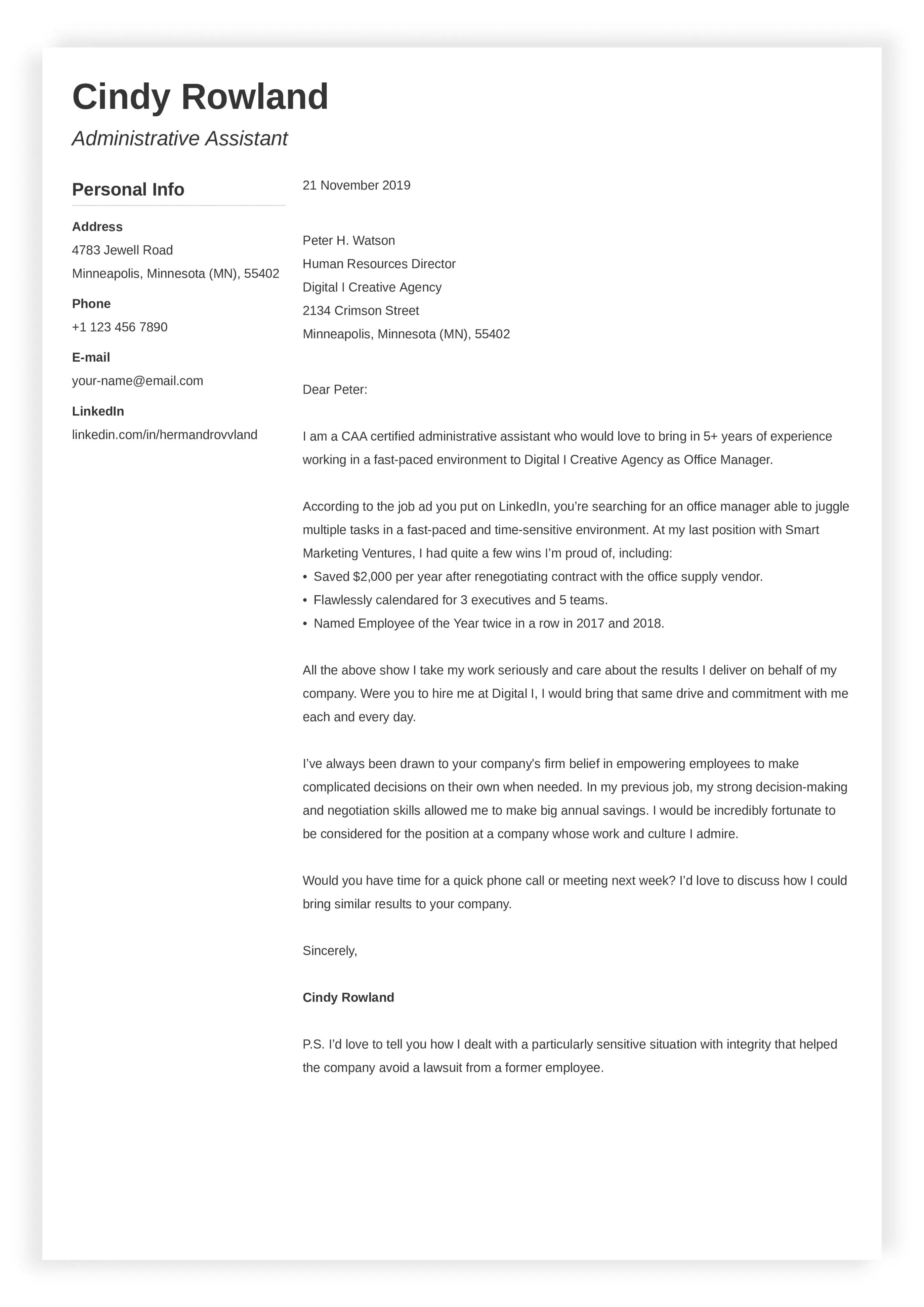
After an interview, a thank-you note can be an excellent way to reiterate your interest in the role and highlight your key qualifications. It’s a way to reinforce your enthusiasm and remind the hiring manager of your value. A well-crafted thank-you note can also provide the opportunity to address anything you may have missed during the interview.
Email Body
For certain job applications, the body of your email can serve as your cover letter. This is particularly common for online applications or when responding to a job posting via email. Make sure to include a concise introduction, highlight your key qualifications, and express your interest in the role. Keep it brief, professional, and tailored to the job.
The Final Decision
Ultimately, the decision to include a cover letter depends on the specific circumstances of your job application. Consider the job requirements, industry norms, and your own career goals. If the job posting requests a cover letter, always provide one. Otherwise, weigh the pros and cons carefully. When in doubt, a well-crafted cover letter that highlights your qualifications and demonstrates your enthusiasm can often improve your chances of landing an interview. By following these guidelines, you can navigate the cover letter dilemma with confidence, making the best choice for your job search.
